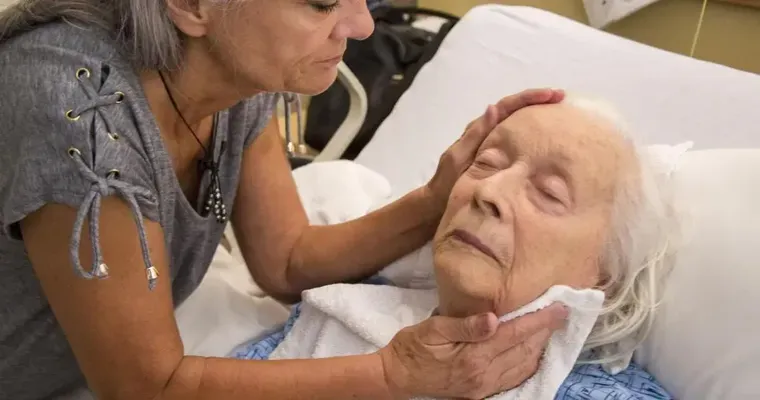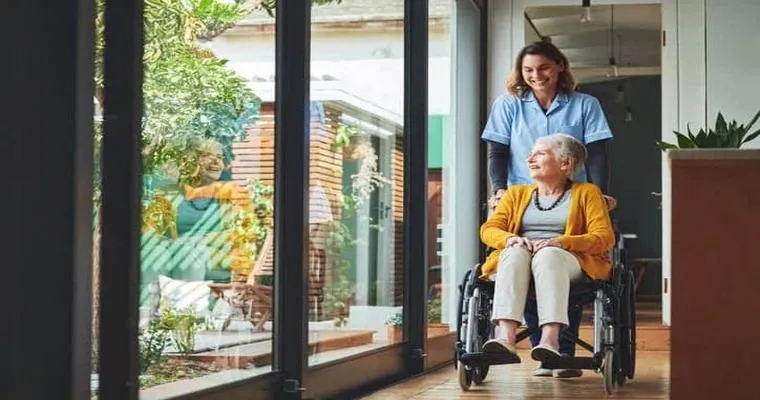The topic of "assisted suicide" for "elders" is a complex and emotionally charged issue that raises questions about morality, ethics, and the role of a "loving caregiver". As our population ages, more families are faced with the difficult decisions surrounding end-of-life care. This article delves into the nuances of assisted suicide, exploring the responsibilities and emotional struggles of caregivers who may find themselves at a crossroads when it comes to the wishes of the elderly individuals in their care.
Assisted suicide, often referred to as "physician-assisted dying", allows terminally ill patients to end their lives with the help of a medical professional. This practice has gained traction in various parts of the world, but its implications for "elderly care" are profound. Many caregivers grapple with the idea of autonomy versus their intrinsic duty to provide care and support. When an elder expresses a desire for assisted suicide, it can put the caregiver in a position where they must confront their values and the ethics of their profession.
Elders often face debilitating illnesses that can lead to a diminished quality of life. For some, the prospect of prolonged suffering is unbearable. Here, the role of a loving caregiver becomes crucial. A caregiver must assess the emotional and psychological states of their charges while considering the legal and ethical implications of assisted suicide. The conversation surrounding this topic is sensitive and requires a deep understanding of the elder's wishes and the motivations behind them.
It is essential for caregivers to establish open lines of communication with their elderly clients. Many elders may feel isolated and fearful about their condition. A loving caregiver can provide comfort, helping them express their feelings about life and death. This dialogue is vital, as it enables caregivers to understand whether the desire for assisted suicide stems from a place of hopelessness or from a well-considered decision regarding their quality of life.
Legal frameworks surrounding assisted suicide vary significantly from one jurisdiction to another. Caregivers must be well-informed about the laws in their area, as engaging in assisted suicide without proper understanding can lead to severe legal consequences. Ethical guidelines from professional organizations also provide a framework for caregivers to navigate these tough decisions. They serve as a reminder that the primary role of a caregiver is to support and advocate for the elder’s best interests, even when those interests may include the choice of assisted dying.
The emotional toll on caregivers can be substantial. Witnessing the suffering of an elder can lead to feelings of helplessness, and the weight of facilitating assisted suicide can be overwhelming. Caregivers must prioritize their mental health and seek support from colleagues, counselors, or support groups. This self-care is essential to maintain the capacity to provide compassionate care.
In conclusion, the topic of "assisted suicide" and its impact on "elders" and their "caregivers" is multifaceted and deeply personal. As society continues to debate the ethics of this practice, loving caregivers must navigate their responsibilities with compassion, empathy, and a well-informed understanding of the legal landscape. Ultimately, the question of how far a caregiver would go in supporting an elder’s choice is not just about the act itself but about fostering a relationship built on trust, understanding, and respect for the individual’s autonomy.





